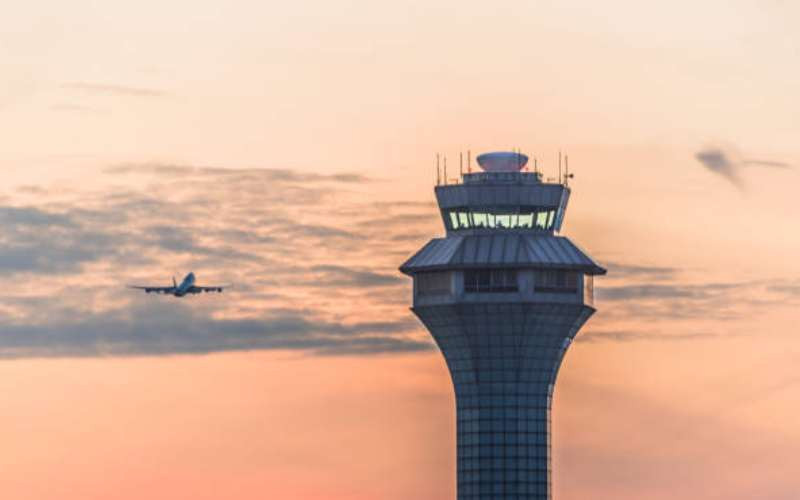×
The Standard e-Paper
Home To Bold Columnists

Open Skies is a civil aviation term that refers to an agreement in which aircraft can fly between two countries without restrictions.
It is not a carte blanche that allows unfettered ingress by foreign aircraft. Rather, the degree of access is determined by the grant of some or all the nine freedoms of the air according to the International Civil Aviation Organisation.In many instances, the agreement allows direct flights from foreign countries to multiple destinations within a country.







